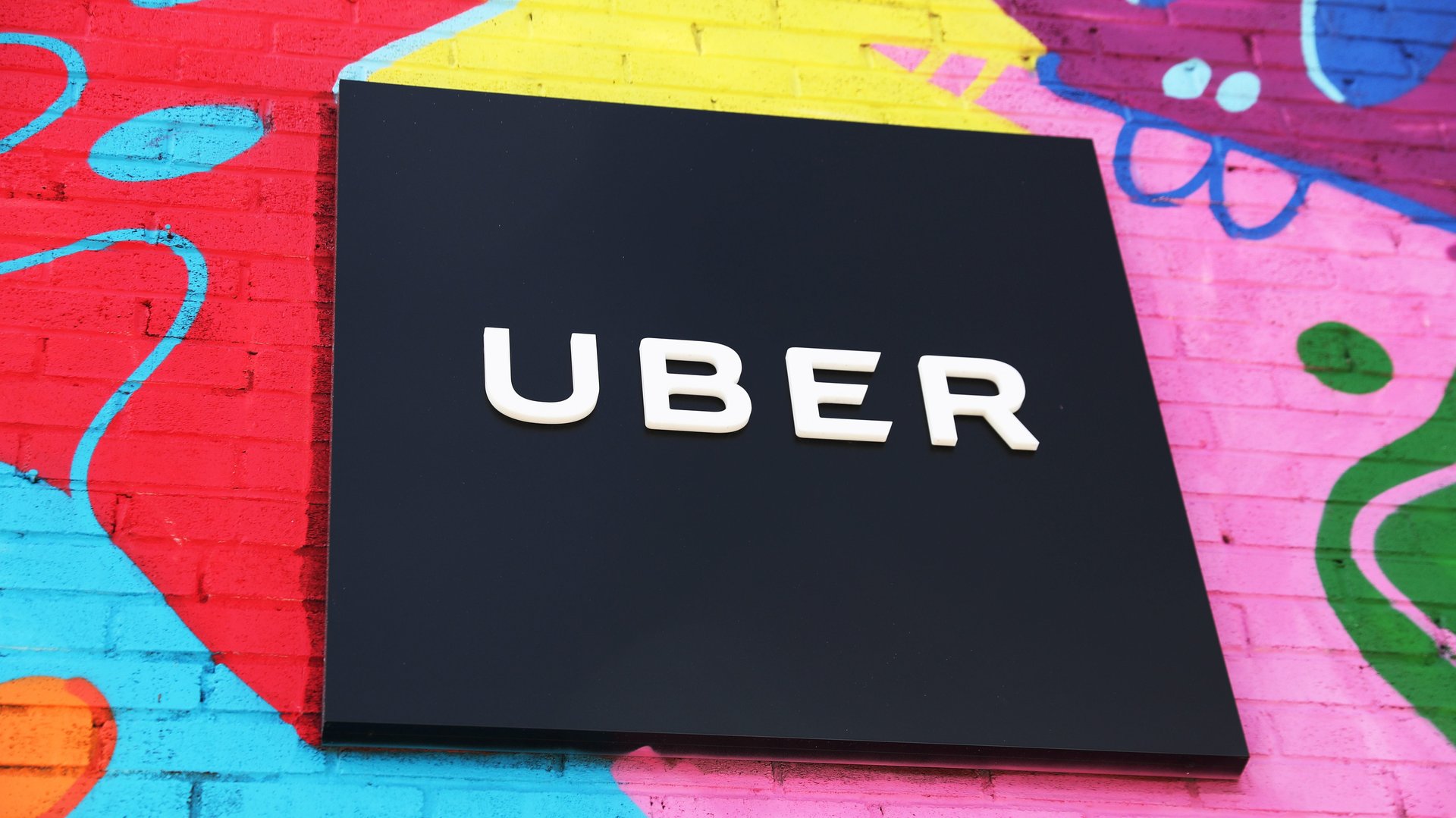Uber reversed out of food tech and drove straight into fintech in India
Looks like Uber drove out of food tech only to drive into fintech in India.


Looks like Uber drove out of food tech only to drive into fintech in India.
On Feb.11, the company said it has set up a team of over 100 technology professionals at its Hyderabad tech centre, for Uber Money. The team will work on financial products and technologies including real-time earnings and debit and credit cards for Uber drivers, as well as Uber Wallet and credit cards for riders.
This is the company’s first such commitment in the Asia-Pacific region and comes less than a month after Uber sold its food-delivery business in India to local rival Zomato to focus on its core ride-hailing offering.

“With millions of daily trips and food orders, and digital transactions taking place on the Uber platform globally, the role of the Uber Money team at Hyderabad is to ensure that the platform is safe, secure, compliant, scalable and seamless for the users and also innovate on new financial experiences for all our business lines,” Naga Kasu, engineering director and Hyderabad site lead at Uber, told Quartz.
The Hyderabad team will work for Uber’s global markets, and there is no set timeline on when Uber Money will officially launch in India.
“I believe Uber is looking to make its services wholesome and hence it tried Uber Eats. When things did not pan out, it exited,” independent tech consultant Harish HV told Quartz. “In the payments space, there is no natural monopoly yet and banks have been operating in financial services with a large number of players, unlike in the food-delivery space which is now a duopoly and difficult to make a mark in. (Uber is) looking at payments with this mindset and probably want to get into lending and other services if it works well.”
Payments play…
Payments could become a key part of Uber’s business as it is a source of data and earning that’s too lucrative to ignore, experts say.
“Today, any business that has a strong consumer business online—steady traction and growth of user base, compelling everyday use, and route to strong unit economics—is a potential fintech company,” Vidhyashankar, president at IT firm Ninestars Global, told Quartz. “Uber perhaps can become a super app.”
Payments have been an obvious add-on for taxi aggregators around the world. For instance, in Singapore, Grab launched GrabPay and now it’s even seeking a digital bank licence. In the US, Lyft has the Express Pay feature for drivers to receive funds within 30 minutes.
Uber’s Indian rival Ola also offers short-term credit, mobile wallet, and insurance, among other things, as part of Ola Money. Although Ola faced some backlash with drivers complaining of delayed payments and unwarranted fines and customers being untrusting, the brand went all-in. Last January, it applied for a non-banking financial company (NBFC) licence to dive deeper into the insurance and credit business lines. In May 2019, the company launched an Ola Money-SBI Credit Card with the aim of issuing 10 million credit cards by 2022. Now reports suggest Ola is apparently planning to spin off Ola Financial Services (Ola Money) into a separate entity.
When these firms are moving beyond mobility, “there are two goals,” explains Jaspal Singh, co-founder of transport consultancy Valoriser Consultants. “First, to become seamless mobility providers by launching new products and integrating with public transit. Uber will likely be selling tickets for Delhi metro and so on, soon. Second, to become a daily-life app for the customer even if you don’t use mobility every day.”
Uber is already moving beyond just cab-hailing to include self-driving car rentals and shuttle bus services in India. The American behemoth has already forged strategic partnerships with mobility firms including Drivezy, Zoomcar, Bounce, and Revv to bring new vehicles on its platform. A fintech product will help streamline these operations, and seamlessly add instruments like credit and insurance to the process, experts say.
…in India
Payments work in conjunction with Uber’s main business. “It doesn’t necessarily require Uber to spend additional ad dollars to capture more ‘payment customers’ on top of its ride customers,” said DJ Kang, CEO of ValueChampion. “And payment is able to capture additional revenue on top of every ride that Uber provides.”
But with myriad established players like market leader Paytm and its formidable rival Phonepe perching at the top of India’s payments leaderboard, and several other wallet players in the mix, the journey won’t be easy.
Some experts even argue that banking should be left to banking companies. “For Uber Money, expect an interesting yet profitless flirtation, undermined as a sustainable business by a lack of fundamental trust,” according to Jim Prior, global chief executive of Superunion.
India especially may not be prime ground for the feature. After all, the country houses the second-largest unbanked population in the world, and many citizens don’t trust online transactions. In addition, a lack of profitability is a black spot for most e-wallets in India.
Uber, with its deep pockets, can likely afford the cash burn. Customer acquisition—the biggest expense for fintech firms—is almost a non-issue for Uber anyway. By mid-2019, it had amassed 100 million monthly active users in India. It is expanding aggressively, upping its presence from 52 Indian cities to 200 by the end of this year.
“With an increased number of cities in India, they can build product suites tailored to each of these constituents across lending, payments, insurances, travel, loyalty and enabling retail consumption,” Vidhyashankar said. This builds brand loyalty and customer stickiness, TechSci’s Sukriti Seth added.
Uber could even tap into its 10% stake in Zomato. “Uber has lost critical time in the India market and is significantly delayed but if Zomato also agrees, for strategic reasons, to use Uber Money it will be a major boom for them,” Sanchit Vir Gogia, founder and CEO of Greyhound Research, told Quartz. Especially if Zomato and Uber work out an in-app integration like the food-tech giant has with Paytm.